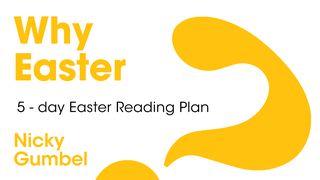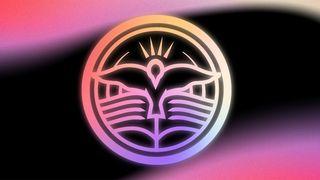Moving From Stuck to Unstuck by Jennifer MaggioSýnishorn

Repenting & Renouncing
Living the unstuck life requires true repentance and renouncing all the things that have so easily ensnared and bound us. If we desire to truly be free, we must turn.
As we are coming to the end of our time together, it is now time to begin implementing the words read each day. We've discussed the bondages found in our minds, mouths, hearts, and families. We've dissected God's Word on how each of these areas (and more) create heaviness. What do we do now? We've identified it all, but now it is time to truly get free.
If you have been on this Christian journey any length of time, you have heard about repentance. In Scripture, repentance is used a number of times. In Hebrew, one Word is Shuv. It is commonly used in the Old Testament, and it means "to return" or "to turn in an opposite direction," emphasizing a change of direction and purpose. Repentance will often result in sorrow for one's actions as we reflect on how we've harmed ourselves or others or offended the Lord, but that isn't the only part of repentance. Repentance also requires a turning, a true change in our lives. Too often, we are sorry for our actions or even sorry we have to walk out the consequences of our actions, but we aren't repentant, meaning we aren't willing to permanently turn from it, resisting the enemy and refusing to do it again. True repentance will require us to desire to please the Lord more than desiring to please ourselves or others.
We find repentance in many places in Scripture. Perhaps the most famous is in Matthew 3:2 (NLT), where John the Baptist is preaching in the wilderness, baptizing many, and preparing the way for Jesus' earthly ministry. "Repent of your sins and turn to God, for the Kingdom of Heaven is near." John declares the necessary turning and changing in one's life to truly experience the Kingdom of God and the freedom that Jesus offers.
Renouncing is also a word found in Scripture. Renounce means to cut ties with. It means to formally reject or disown something. We see renunciation (the process of renouncing) in 2 Corinthians 4:2, where Paul speaks of renouncing secret and shameful ways, as well as in Joshua 24:14, where Joshua urges the Israelites to renounce the gods of their fathers and serve the Lord. Repentance of sin is critical in turning from our ways, habits, and thought life that does not honor God. Renouncing is the process of cutting all ties with those things in our lives.
As we reflect on all we've covered over the last month, we've discussed a great deal of areas in which we need to repent, such as sin and unforgiveness, as well as areas we should intentionally renounce, such as bloodline curses, curses spoken with our mouths, and others. What this looks like in the practical sense is praying to the Lord to ask for forgiveness for these things, turning from them completely in our lives, and then renouncing their impact aloud. We will discuss more over the next few days on the key areas we need to renounce from our lives.
Points to Ponder:
- How does repentance look different than simply being sorry for your sins?
- How does one's life look different when true repentance has been replaced?
- Have you heard of renouncing in Scripture? Can you see the value of both repenting and renouncing areas in your life? Why or why not?
Ritningin
About this Plan

Jesus died on a cross so that you may have a free-indeed life, according to John 8:36, so why do you still feel stuck? Join us for this 30-day devotional, as we look at biblical principles on why so many are stuck, and most importantly, what to do about it. The next 30 days could very well change your life! **NOTICE:** This content includes sensitive themes that some readers may find difficult: Mentions of physical, sexual, or emotional abuse. Please take care as you read.
More








